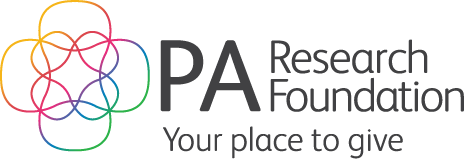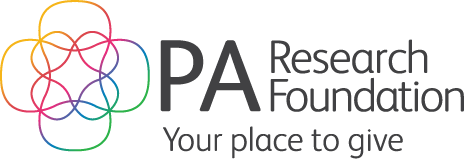If it wasn’t for the PA Research Foundation and its support of a revolutionary piece of machinery, dozens of people may not have new livers and may have untimely passed away.
The Foundation supported the development of a liver perfusion machine, which helps preserve and maintain the function of donated livers until they can be transplanted into a recipient.
According to the medical journal Nature machine perfusion techniques can improve the quality of marginal livers, extend the time for which they can be preserved and enable an objective assessment of their quality and viability. These benefits can help avoid the needless wastage of organs based on imprecise concerns regarding quality.
The support of an initial prototype of the liver perfusion machine led to the purchase and use of a commercial version of the machine in 2018 by the PA Hospital’s transplant unit and now a research study led clinician and researcher Dr Janske Reiling. The research project colloquially known as the CLOCK Study, will dive deeper into why the perfusion machine is so effective and whether there is an optimum time to perform liver transplants.
“This machine is actually a commercial version that we evolved in 2018 and used for the very first time to perfuse and then transplant livers that were otherwise not used for transplant, since then, the unit has transferred 26 livers that were otherwise not going to be used, it's been a great tool to expand the donor pool and help more patients,” Dr Reiling said.
“With this research project, we want to look in a bit more detail on what it exactly does and how we can best determine which livers are going to work or not.
“It gives us an idea of looking inside the black box of the machine and learning more about it. Basically, we've got this machine and it works amazingly and is helping patients, but what exactly is it doing to extend the window of liver transplant, how can we pinpoint that?
“We are looking at what sort of markers are there to tell us this is going to work or not with different livers.
“The other element and why it’s been called the clock study was that we've been interested in seeing if results may be related to our sleep-wake rhythm as humans, because there's actually data that organs themselves have that as well.
“We know that at certain times of the day, they do different functions and it's probably related to sleeping or being awake and eating and different things, we want to know if that is still there in an organ, even if it’s removed from the body.
“Secondary to that we want to know if that rhythm is there, is there a better time or an optimal time to expose it to all the stress of transplant. For example, maybe organs shouldn’t be taken out in the middle of the day, maybe it should be done six hours later or something like that. No one has ever looked at that.
“With the machine, because you can put it on the machine and transplant them later, you actually have the opportunity to postpone the operation to a better time.”


Dr Reiling said the advancement of liver transplant research and the patients helped by the machine would not have been possible without a gift in will left to the Foundation, adding that the Foundation’s support has allowed the research team to have success in gaining funds from a larger government funding body for their work.
“The Foundation supported the prototype of the perfusion machine, and now they’ve just given some support to the clock studies,” she said.
“What helped kick all of this off was there was a liver transplant bequest that was donated to the foundation so money that was donated to the transplant unit at the PA, these funds helped to support not only the prototype perfusion project but also my PhD studies.
“The Foundation have been a long-standing sponsor of work in the liver transplant space that has benefitted patients or has the potential to.”
Pictured above are Dr Janske Reiling (right) and the Dr Peter Hodgkinson and a patient with the perfusion machine (left).




